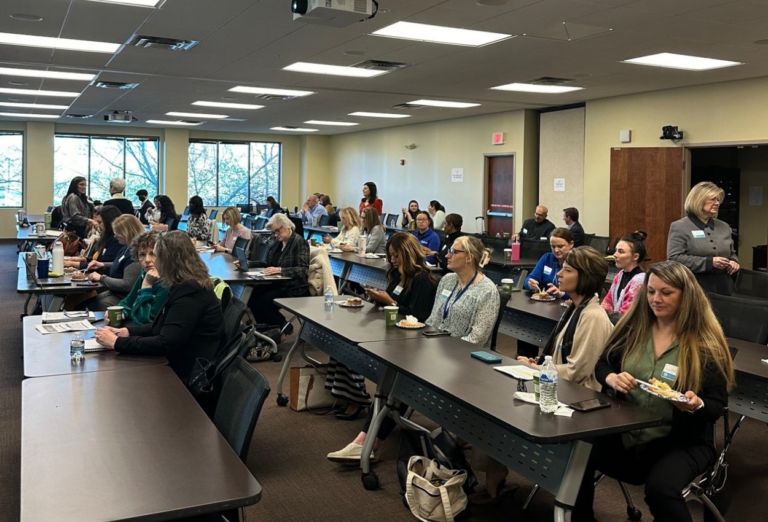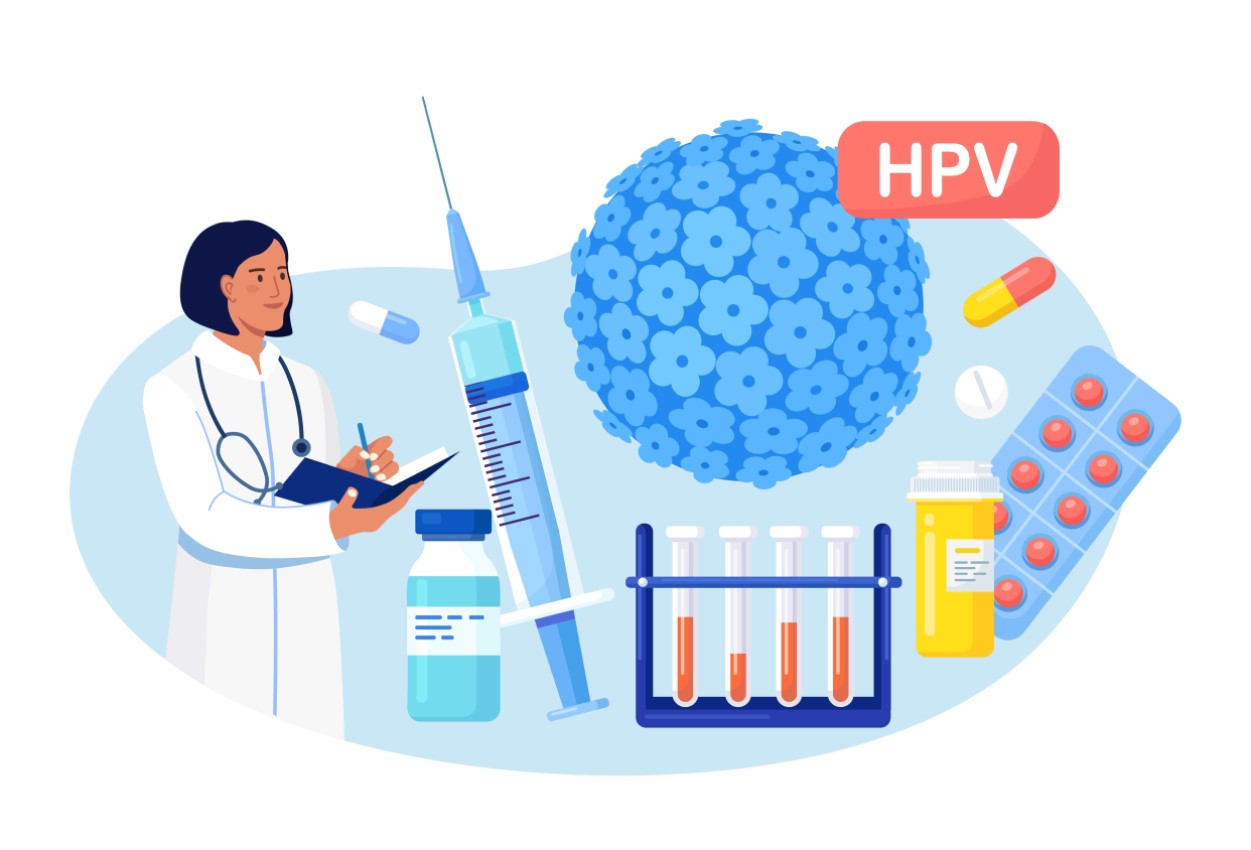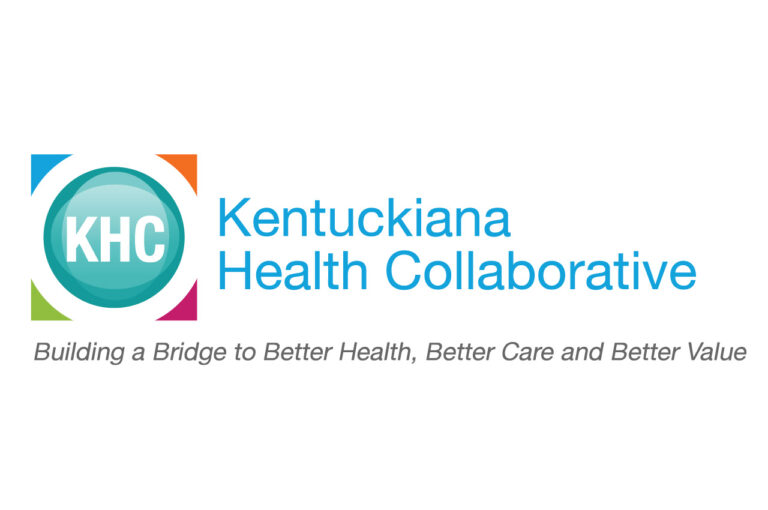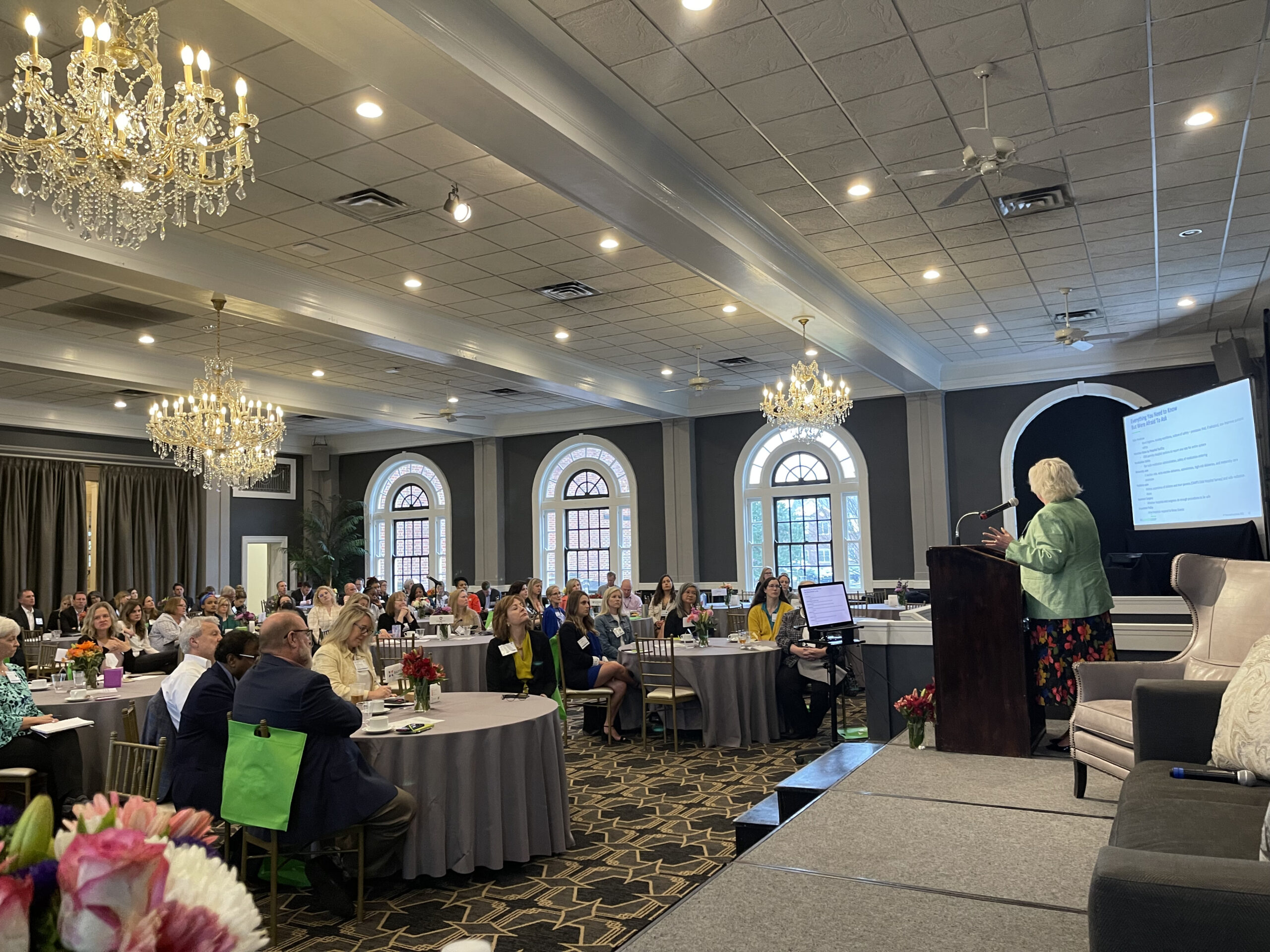A 2022 America’s Health Ranking report from the United Health Foundation ranked Kentucky 48th out of the 50 states in overall health outcomes. The ranking considered various measures in the domains of social and economic factors, physical environment, clinical care, and behaviors. In addition to the overall poor health outcomes in Kentucky, disparities exist among different groups, including, but not limited to, race, ethnicity, gender, geography, and income. Furthermore, healthcare organizations are facing operational challenges. There is a shortage of healthcare providers, with the issues expected to grow and persist over the coming years. Healthcare costs continue to rise, creating affordability challenges for healthcare purchasers and consumers. The quality of healthcare services provided continues to be a multi-faceted problem. With all these looming challenges, healthcare organizations can benefit from exploring new solutions.
Community Health Workers (CHWs) are a potential and promising option. The Association of State and Territorial Health Officials have established the effectiveness of CHWs in improving health outcomes, reducing healthcare costs, and closing health disparities gaps. With current challenges in health outcomes and organizational operations and expanding infrastructure in the Commonwealth of Kentucky, it is an opportune time for organizations to become engaged with CHWs.
The American Public Health Association defines a CHW as “a frontline public health worker who is a trusted member of and/or has an unusually close understanding of the community served.” CHWs serve as an intermediary between their community and health/social services to improve access, quality, and cultural competency of service delivery. CHWs provide valuable assistance in a variety of settings, including health facilities, government agencies, nonprofit groups, social service groups, health plans, and even workplaces. They can help employees and community members understand how to engage in the healthcare system through coaching on everything from finding a provider, understanding how their insurance works, and even knowing how to overcome issues like transportation.
The Community Health Worker Core Consensus Project defines 10 core roles for CHWs.
- Cultural mediation among individuals, communities, and health and social service systems
- Providing culturally appropriate health education and information
- Care coordination, case management, and system navigation
- Providing coaching and social support
- Advocating for individuals and communities
- Building individual and community capacity
- Providing direct service
- Implementing individual and community assessments
- Conducting outreach
- Participating in evaluation and research
Expanding infrastructure in Kentucky is improving the feasibility, usability, and acceptability of CHWs. House Bill 525 was passed in the Kentucky legislature in early 2022. The bill requires Medicaid and the Kentucky Children’s Health Insurance Program (KCHIP) reimburse for certain services provided by certified CHWs and establishes a certification process for CHWs through the Office of Community Health Workers within the Kentucky Department for Public Health (KDPH).
In 2021, the Office of Community Health Workers within KDPH was awarded funding from the Centers for Disease Control and Prevention to train, engage, and deploy CHWs through the “DP21-2109 Community Health Workers for COVID-19 Response and Resilient Communities.” The Kentuckiana Health Collaborative is partnering with KDPH in this three-year initiative to increase the engagement and usage of CHWs within organizations and communities throughout the Commonwealth and improve community utilization and outcomes of health and social services.
As part of this partnership, KDPH and the KHC have developed a survey to assess familiarity, utilization, and engagement of CHWs among healthcare organizations across the state who are utilizing CHWs or considering how to use CHWs. Survey responses will be accepted through August 12, 2022. All healthcare organizations, regardless of their current engagement with CHWs, are invited to participate. The information collected in this survey will be used to inform future strategies and activities around training, engaging, and deploying CHWs.
To further increase awareness and utilization of CHWs across the Commonwealth, the KHC is hosting a Community Health Forum on September 13, 2022 from 8am-10:30am titled “Removing Barriers to Care with Community Health Workers.” The virtual event will focus on how CHWs can help remove barriers to accessing affordable, high quality, and equitable healthcare and how organization can integrate them into their operations. Registration is open and free to the public.
CHWs are an effective addition to the healthcare ecosystem and steps are being taken in Kentucky to increase their engagement and effectiveness. Any organization with a stake in health outcomes can benefit from learning about these frontline public health workers and strategizing on how they may engage with them to solve the complex health and healthcare issues facing the Commonwealth.






